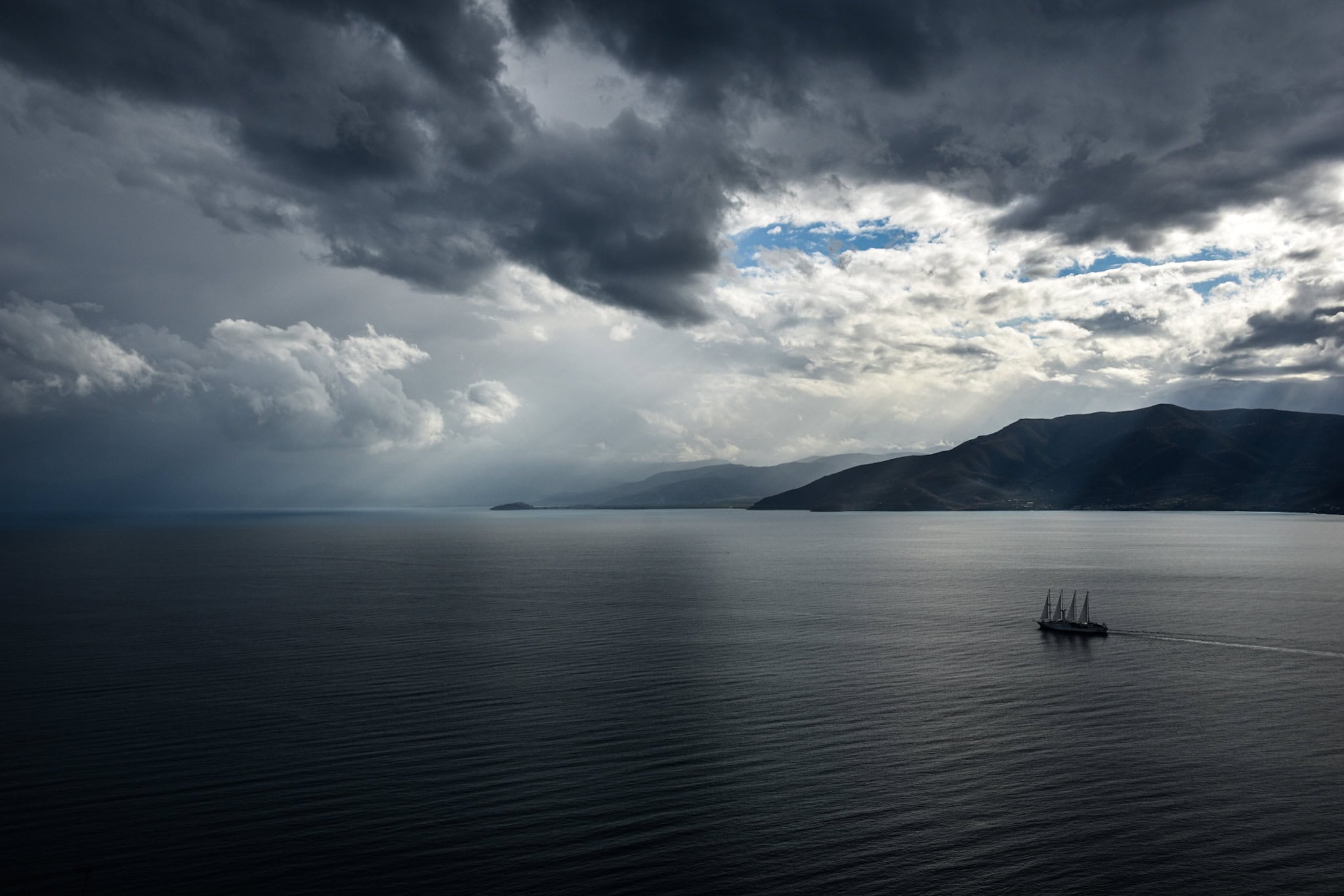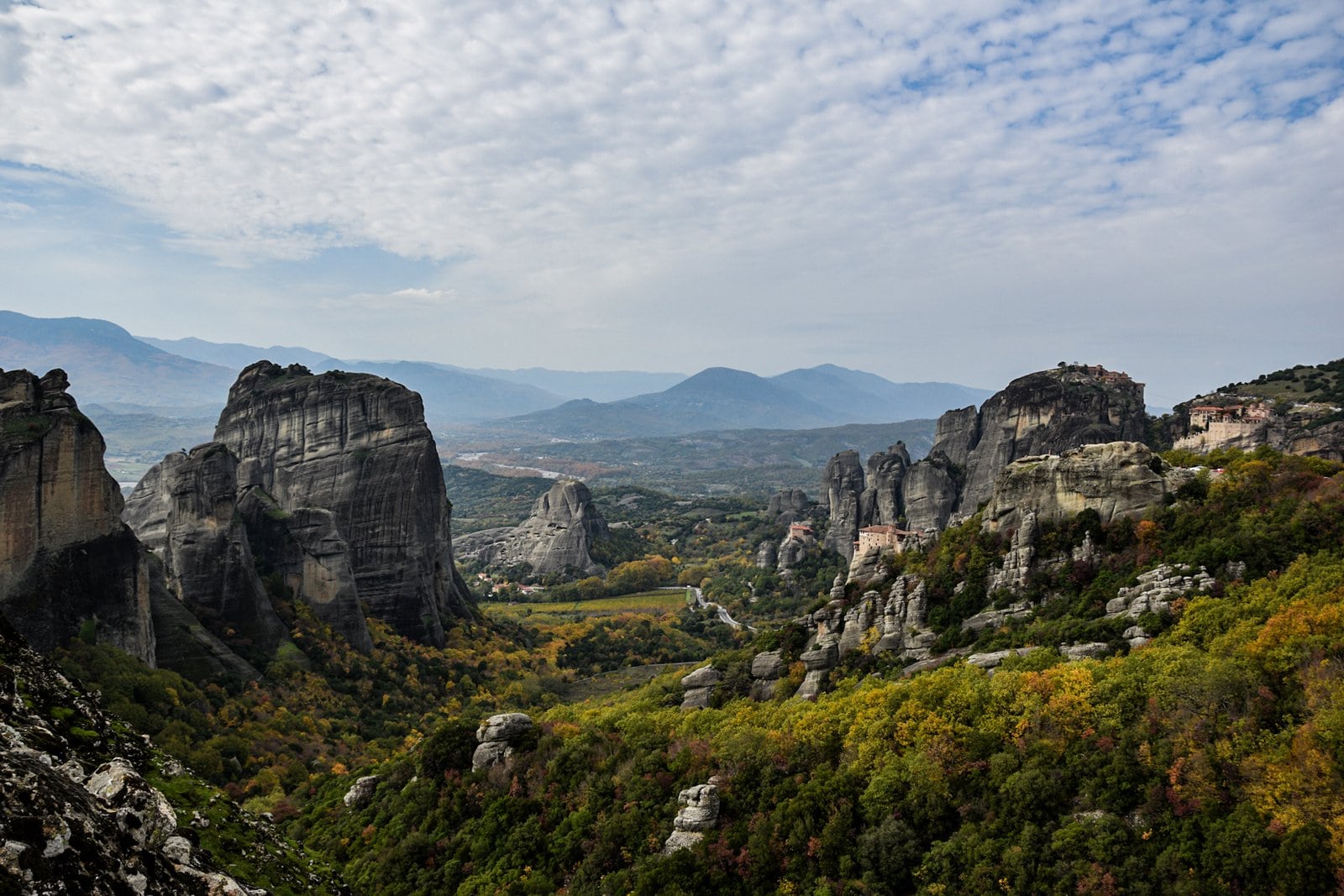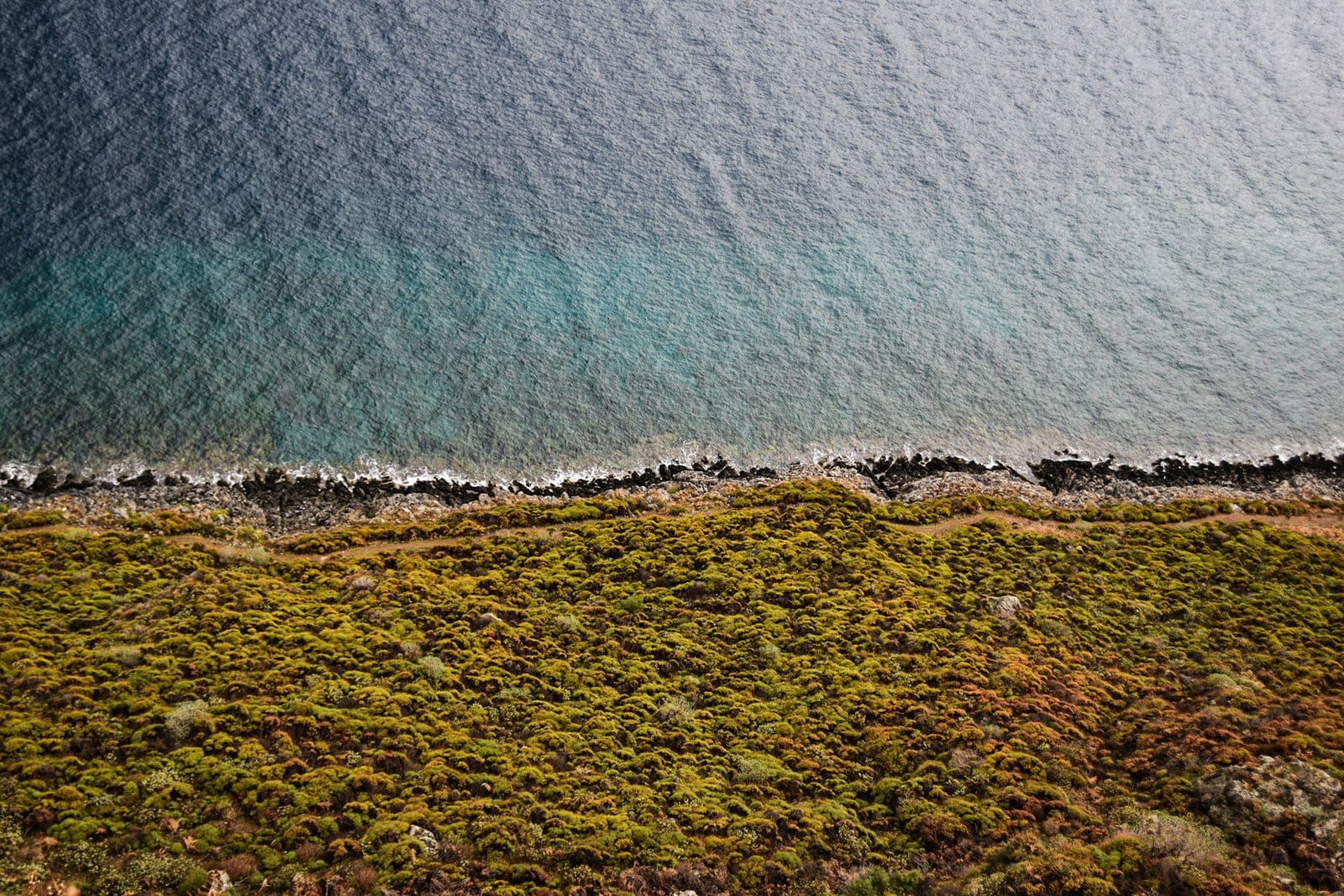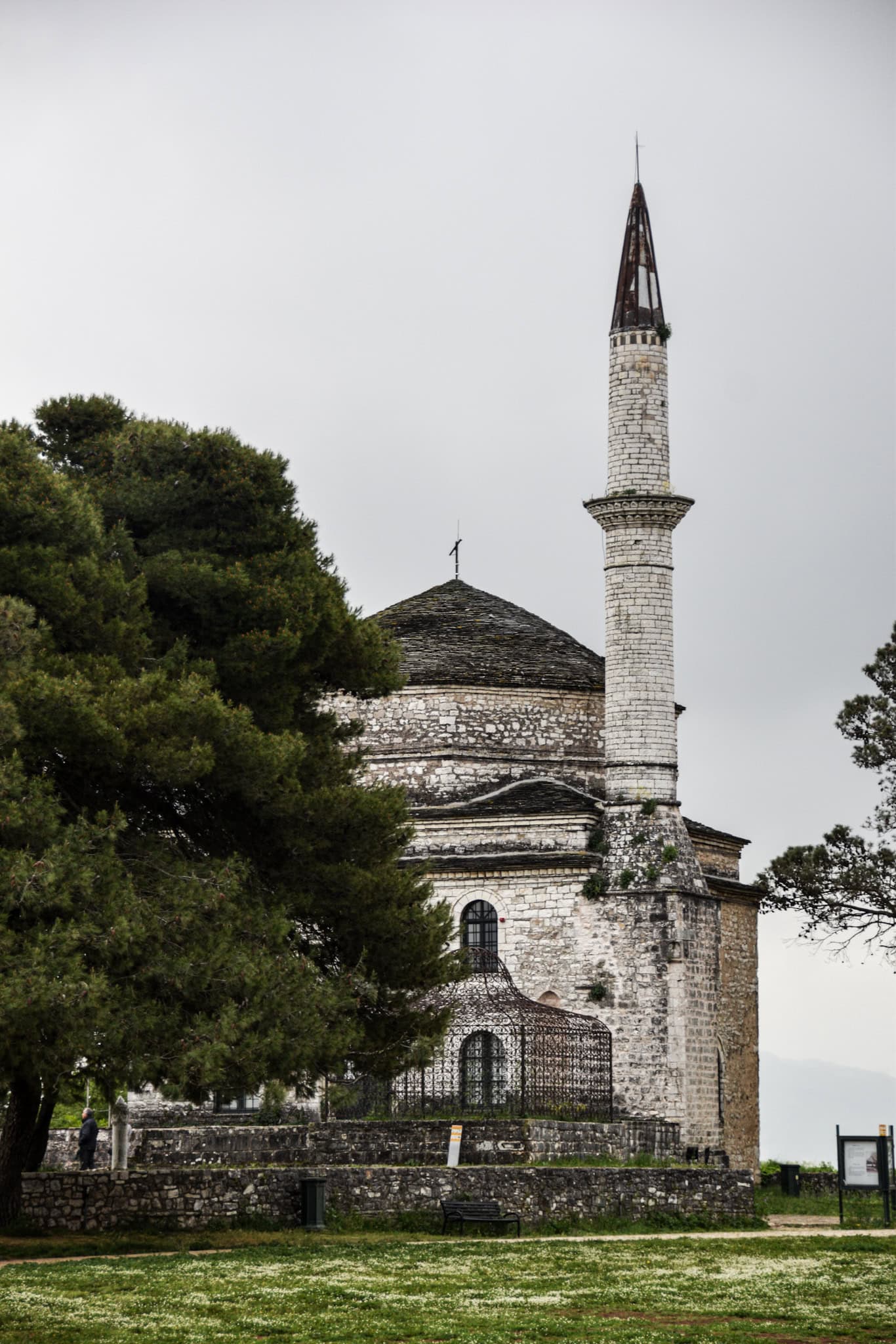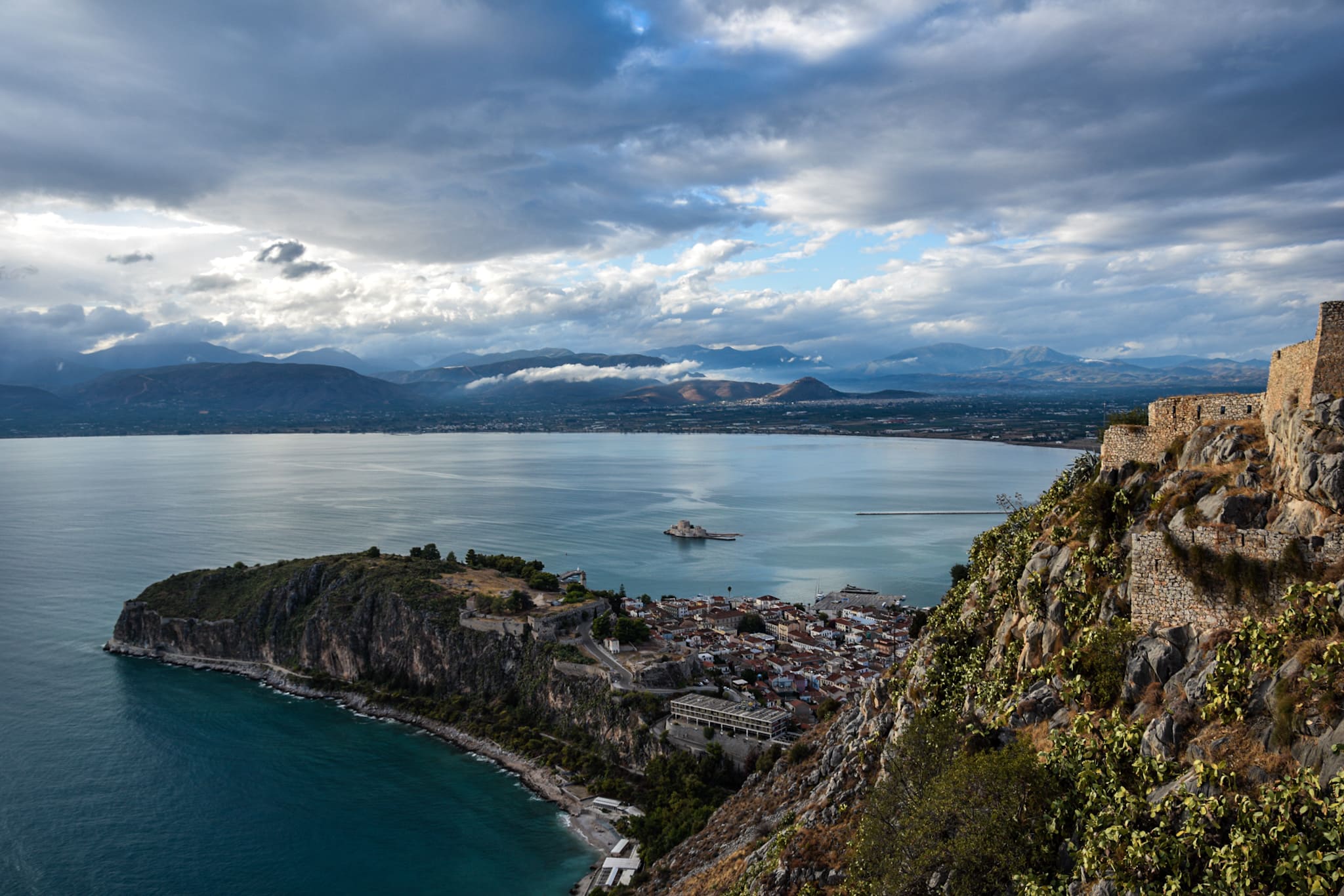GREECE
GREECE
MONEMVASIA
Hidden away on a rocky island off the Peloponnesian coast, Monemvasia might be Greece’s most charming town.
Winding cobblestone streets, narrow stairways, and quaint courtyards constitute this Byzantine gem.
If that wasn’t enough, ascend to the Upper Town to discover ancient ruins, a picturesque monastery, and magnificent views over the aquamarine sea.
VIKOS GORGE
Cutting through the Pindos mountain range, Vikos Gorge is an absolutely epic monument of Mother Nature.
The world’s deepest canyon (relative to its width) will easily awe and mesmerize those who venture into this remote region and descend into its depths.
Towering cliffs, moss covered forests, idyllic streams, as well as age-old stone paths and bridges will transfer you directly to Middle Earth!
MYSTRAS
When Constantinople fell to Ottoman forces in 1453, Mystras became the last capital for the waning Byzantine Empire.
Today, its ruins remain one of the best examples of late Byzantine architecture and urban planning.
The spectacular location paired with the stunning ecclesiastical art of its churches and monasteries make a trip down to the Peloponnese more than worthwhile.
VISA | Greece grants visa-free entry to all European countries with the exception of Belarus, the Kosovo, and Russia (up to 90 days for countries outside the EU). If you are a resident of a non-European country check Passport Index for a quick overview.
MONEY | Currency: Euro. ATMs are widely available, however, be aware that Greek banks charge a transaction fee (2,5-5€), thus always withdraw as much as possible to minimize your loss.
Also, be aware that costs will be significantly higher than in the rest of the Balkans, despite the state of the Greek economy.
PUBLIC TRANSPORT | Beside a few train routes and the ferries connecting the countless islands with the mainland, most public transport is carried out by buses. All major cities and towns can be reached from Athens either directly or via connection, while smaller settlements and villages will be trafficked by local companies.
Keep in mind however that bus schedules in Greece tend to be extremely infrequent, should you venture out into the lesser visited parts of the country (especially in low season). Therefore, you might want to plan ahead if you’re heading off the beaten path.
Tickets are either bought in the station or directly on the bus.
